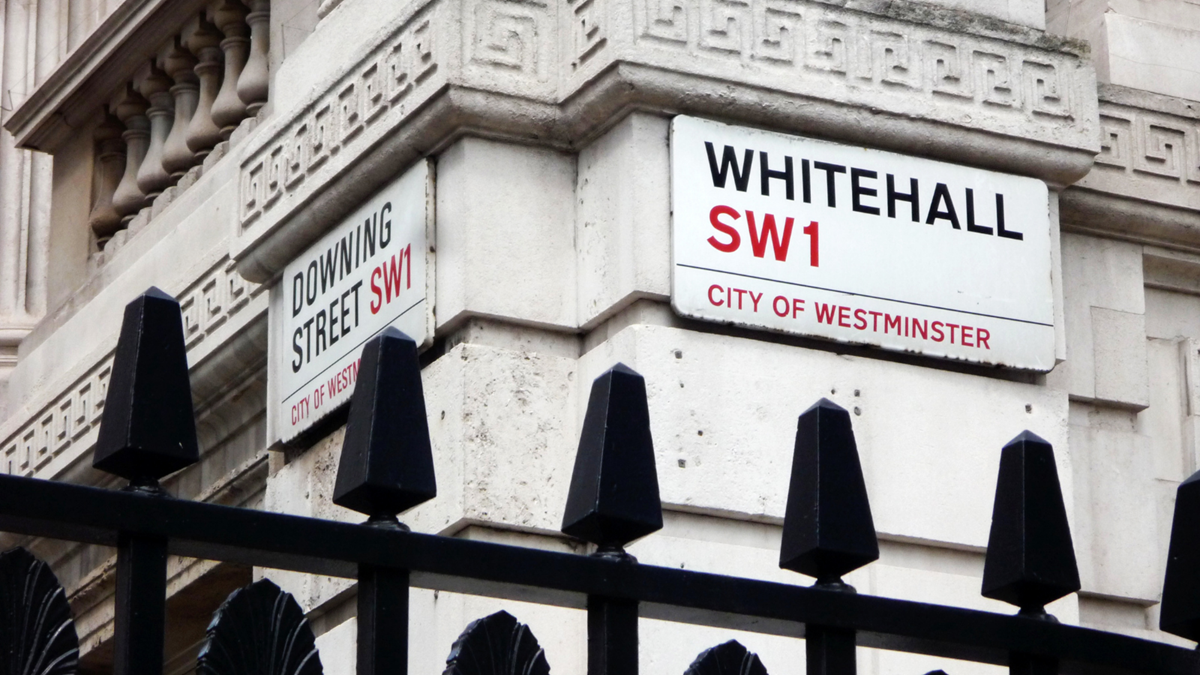There’s a tendency among those of us who live and breathe politics to project our own short attention span onto the public. But speaking to voters in our Woking focus group last week, it was clear that there are some issues where the public were not yet willing to change the channel.
Fifty days into Russia’s invasion of Ukraine, the people we spoke to were following the war as closely as ever. They were proud that Britain had stepped up to help Ukraine in the battle against “the new Hitler” (a phrase we’ve heard in every focus group since the invasion began), frustrated by the slow processing of refugees, and worried that the media had started to lose interest. In a week where the news cycle was dominated by partygate fines and the chancellor’s tax affairs, it was Ukraine that remained top of the mind.
But that doesn’t mean, as some have asserted, that voters have “moved on” from partygate. While, unlike in January, Downing Street parties are no longer the first topic that people raise – eclipsed by both the suffering of Ukrainians abroad, and the rising cost of living at home — as soon as the conversation turns to the parties, people’s anger flares.
It was the day after the prime minister and chancellor had been issued with fines that we spoke to the group in Woking — a seat which has long been solidly Tory, but which could form part of the “blue wall” of seats in the south where the Conservatives may find themselves under threat. Here, Vanessa, a pensioner, summed up the group’s mood: “He’s a buffoon for thinking he can get away with it.”
Will, a teacher, told us: “The first thing I learnt when I started teaching was, if you’re going to set the rules, you have to be the first to follow them.”
Perhaps most worrying for No 10 was that this group, who mostly voted for Boris in 2019, ascribed the rule breaches not to one off lapses of judgement, but to a culture of “champagne, cheese and wine” that ministers and advisors enjoyed while the rest of the country followed the rules.
They also had little time for the argument that Ukraine means the prime minister should keep his job. Michaela, a baker, asked, “What war is he fighting?” Paddy, a delivery driver, simply responded: “Didn’t we change leaders during the Second World War and that kind of worked out?” All in all, six out of the eight participants in the focus group thought that the PM should go.
Their verdict on the chancellor, however, was even more scathing. Most had, quite happily, assumed that Rishi Sunak would be the next prime minister, with some wishing he had “pushed Boris out earlier this year”. One even said that during Covid-19 he had “sounded more like the PM than our actual prime minister.”
Now, they all agreed, he wouldn’t and shouldn’t be Boris’s successor — as Lisa, a mental health manager, pithily said: “He’s overstepped the mark and put the kibosh on that.”
This dramatic shift in the chancellor’s standing wasn’t just about the fine; the group also shared their disappointment at revelations of his wife’s non-dom status — contrasting his family’s ability to reduce their tax burdens with families struggling with the cost of living.
As Sue, another pensioner, explained to us: “Some people are asking do I heat or eat, and then there’s this loophole for those with brilliant accountants.”
This should be good news for Keir Starmer but, with the exception of Will, the teacher, who liked the former prosecutor’s style, the rest reacted to the Labour leader with a shrug.
While they agreed that he was better than Jeremy Corbyn, they saw that as a low bar and wondered why he hadn’t just stayed in his old job as it didn’t seem like he was enjoying this one.
Perhaps more troubling for Starmer, this was the third group in which the false accusation that he was responsible for failing to prosecute Jimmy Savile was raised by some as a black mark against him.
And that might well be the prime minister’s greatest strength. With the chancellor, at least for the time being, out of the running, and little enthusiasm for the Labour leader, our group asked, “Who else is there?” and bemoaned being “sick of the lot of them”.
While the foreign secretary, Liz Truss, gets growing approval in our focus groups, she remains unknown to many. For most people there is no alternative to Johnson waiting in the wings.
Longer term, the more serious question is whether people will look elsewhere to cast their ballot. The derisory 6.5 per cent combined vote that the once dominant republicans and socialists of the French right and left received last week shows no party has a right to continued support. But in the absence of either a viable new mainstream or populist party, it seems likely that apathy and abstention will become the order of the day.
Is there, then, someone who can stop that and to help to restore trust in politics? While the group in Woking weren’t brimming with excitement for any of the frontrunners to be our next PM, there was one politician they all agreed wouldn’t have been caught having Downing Street parties – Theresa May.
Luke Tryl is UK director for More in Common
First published: The Times, 19th April 2022
